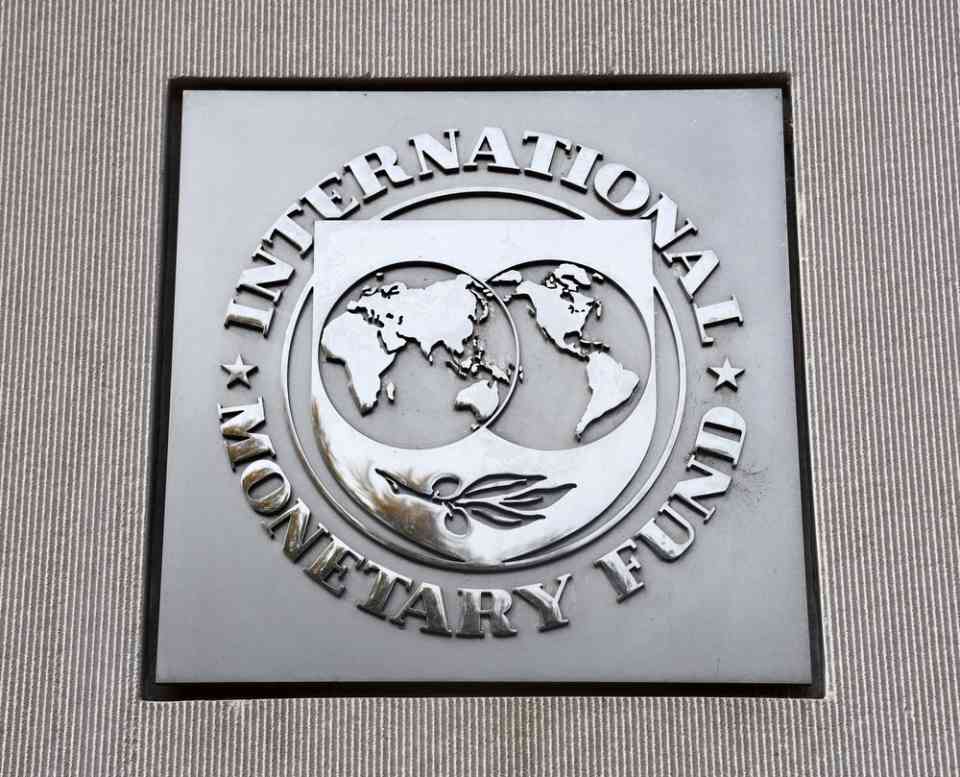IMF Highlights Resilience of Asian Economies Amid Rising Uncertainties

International Monetary Fund (IMF) economists emphasized that Asian economies are well-positioned to weather ongoing turbulence, despite facing internal challenges and potential external pressures, including the return of President-elect Donald Trump to the White House.
IMF Asia-Pacific division chief Alasdair Scott noted the region’s resilience and significant growth potential, even as uncertainties in 2024 have intensified. These include South Korea’s political turbulence following a martial law decree, Japan’s unexpected leadership change, and the threat of U.S. tariffs under Trump’s presidency.
Scott, refraining from commenting on specific political situations, pointed out that Asia remains a central driver of global economic growth. He cited the region’s ability to rebound quickly from events such as the brief market turmoil in August, triggered by the Bank of Japan’s July rate cut. He acknowledged the existence of longer-term challenges, such as demographics and labor market issues, but reiterated the substantial upside growth potential.
Scott and Dr. Johannes Wiegand, chief IMF economist for the Asia-Pacific, are currently in Seoul attending a conference with the Korea Institute for International Economic Policy to discuss Trump’s potential impact on the world economy.
Recent political instability in South Korea has added to the region’s challenges. A controversial martial law decree issued by President Yoon Suk Yeol on December 3 led to widespread opposition calls for his impeachment. Although Yoon apologized and transferred governance responsibilities to the prime minister and ruling party, the political fallout has continued.
South Korea’s Kospi stock index, which had fallen more than 5% following the decree, rallied by over 2% on December 10. Meanwhile, the won gained slightly against the U.S. dollar but remained near two-year lows as Parliament failed to pass an impeachment motion. Opposition parties plan to push for another motion later this week.
The Bank of Korea (BOK) has taken steps to stabilize markets, pledging “unlimited liquidity” if necessary. However, Governor Rhee Chang-yong ruled out cutting benchmark interest rates as a measure to address the political turmoil.
Wiegand echoed Scott’s assessment, highlighting the remarkable resilience displayed by Asian economies, which he expects to persist. He suggested that central banks in the region have significant room to cut interest rates further as inflation slows. Additionally, the U.S. Federal Reserve is anticipated to ease its monetary policy, potentially benefiting Asian economies.
Wiegand stressed the importance of exchange rates as a “shock absorber,” urging nations to utilize this mechanism to manage economic pressures. He also noted that Asia’s economic maturity and resilience have significantly improved since the financial crisis of the late 1990s.
The IMF’s outlook underscores the adaptability and strength of Asian economies in navigating both internal and external challenges, bolstered by prudent policies and a long-term perspective.
Have you read?
World’s Best Countries To Invest In Or Do Business.
World’s Most Startup-Friendly Countries.
World’s Best Countries For Quality of Life.
Largest Economies Europe In 2024.
GDP of the BRICS countries (2000 to 2028).
Bring the best of the CEOWORLD magazine's global journalism to audiences in the United States and around the world. - Add CEOWORLD magazine to your Google News feed.
Follow CEOWORLD magazine headlines on: Google News, LinkedIn, Twitter, and Facebook.
Copyright 2025 The CEOWORLD magazine. All rights reserved. This material (and any extract from it) must not be copied, redistributed or placed on any website, without CEOWORLD magazine' prior written consent. For media queries, please contact: info@ceoworld.biz








